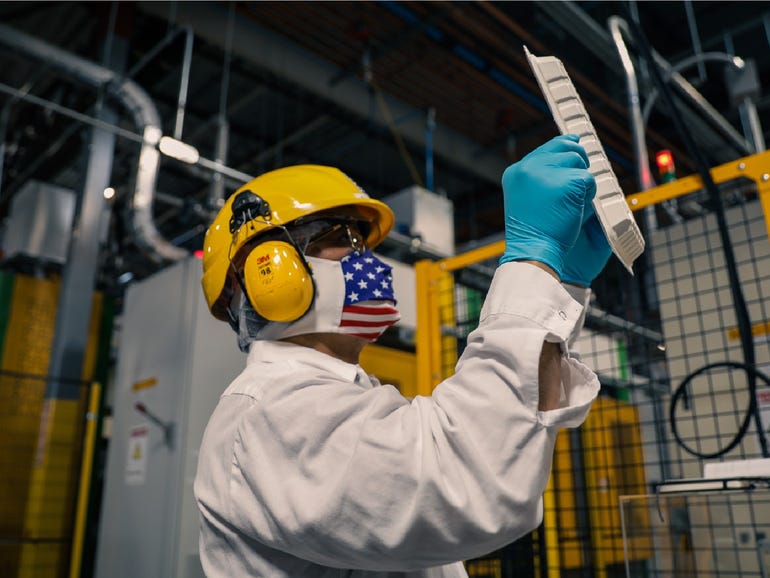ACCC to prioritise crackdown of manipulative online practices and supply chain disruptions

Image: Getty Images
Manipulative online advertising and disruptions to supply chains will be high on the Australian Competition and Consumer Commission’s (ACCC) priority list in terms of what it will crack down on for this coming year.
Outgoing ACCC chair Rod Sims, in his annual speech to the Committee for Economic Development Australia, said the ACCC’s compliance and enforcement efforts would focus on these priority items due to their growing prevalence as of late.
“Consumers are facing a growing number of manipulative techniques to exploit or pressure them, and other practices that seek to distort or disregard their consumer choice in the digital economy,” Sims said, when explaining the ACCC’s consumer concerns for the 2022/23 financial year.
Greenwashing, which is the false promotion of green credentials, is chief among these manipulative techniques, Sims said. He added that the uptick of greenwashing has reduced confidence in the market due to the inability for consumers to determine the veracity of a product’s credentials.
Other manipulative techniques that have been put on notice are false scarcity reminders such as low-stock warnings, false sales countdown timers, targeted advertising using a consumers’ own data to exploit their individual characteristics, pre-selected add-ons, design interfaces that discourage unsubscribing, manipulation of online reviews and search results, and comparison websites and social media influencers who do not disclose commercial relationships including paid promotions.
Another of the ACCC’s consumer priorities will be consumer issues arising from the pricing and selling of essential services, with a focus on the energy and telecommunications sector.
The competition watchdog said it has continued to hear concerns about the lack of transparency in agreements between essential service providers and small businesses and consumers, misleading advertising claims, and recurring mis-selling of essential service products.
“There needs to be a better response from the firms in these sectors and it’s clear from the complaints we are hearing and the Ombudsman’s reports that more work is required,” Sims said.
In the latest Telecommunications Industry Ombudsman complaints report published last month, the ombudsman received almost 18,400 complaints during the second quarter of the 2021-22 financial year. While this was a decline of over 14% compared to the previous quarter, the ACCC is currently in the midst of various legal proceedings against telcos that accuse them of making false and misleading representations about NBN speeds.
On the competition compliance front, the ACCC will prioritise disruptions to domestic and global supply chains in light of the issue becoming more evident during the pandemic.
Freight rates on major global trade routes are currently seven times higher than prior to the pandemic, according to the ACCC. Industry analysts have also stated that semiconductor prices are expected to remain high for 2022 with both the chip shortage and pandemic still ongoing.
The ACCC’s prioritisation of supply chain issues builds upon its recently established partnership with the competition watchdogs of Canada, New Zealand, the UK, and the US to collectively focus on stopping collusion in global supply chains.
Sim’s announcement of these enforcement and compliance priorities marks the first time the ACCC has aligned its priorities with the financial year.
“We will continue to announce these at the start of each calendar year and give immediate focus, placing business and stakeholders on notice of our interest, and initiate implementation,” Sims said.
“This approach will better allow a transition from priorities finishing to commencing.”
These new consumer and competition priorities are in addition to the ACCC’s existing priority of regulating big tech dominance — Sim’s self-proclaimed “proudest” initiative. Earlier this week, the ACCC proposed a slew of legislative measures addressing competition and consumer welfare issues found within digital platforms as part of its big tech probe that commenced five years ago.
Sims, who has held the ACCC chair mantle for over a decade, is set to leave the post later this month. He will be replaced by Gina Cass-Gottlieb, a litigator who established law firm Gilbert + Tobin’s competition and regulation practice.




